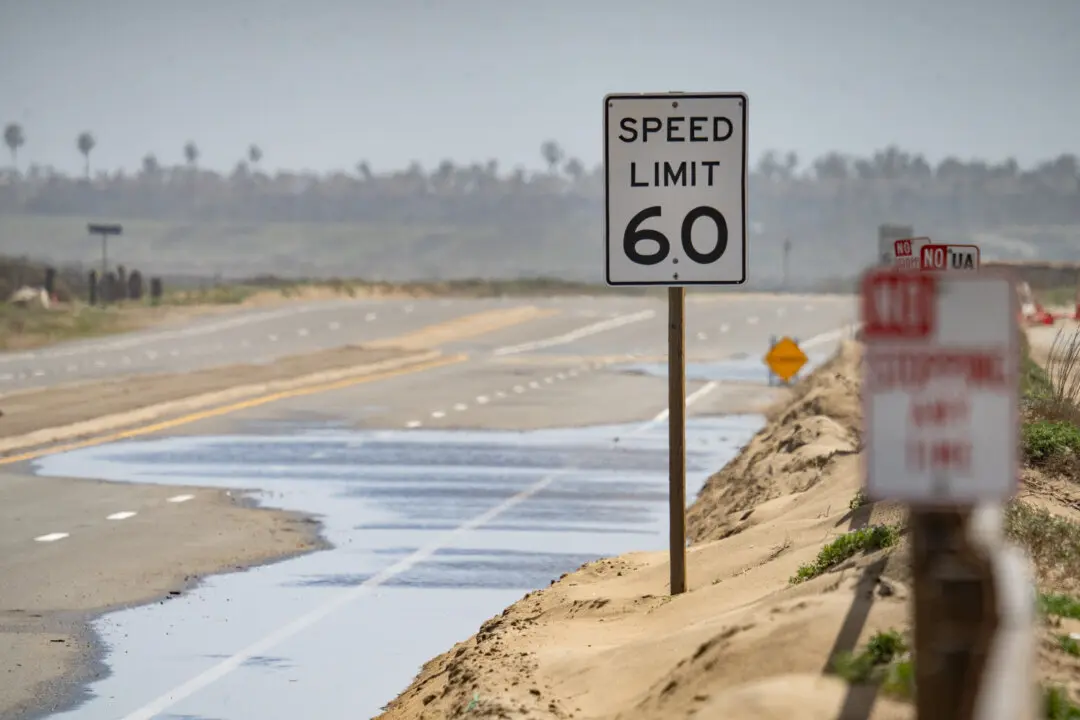After 16 states filed a lawsuit against President Trump and his administration for calling a National State of Emergency, a retired California judge has spoken out.
The States of California, Colorado, Connecticut, Delaware, Hawaii, Illinois, Maine, Maryland, Michigan, Minnesota, Nevada, New Jersey, New Mexico, New York, Oregon, the Commonwealth of Virginia filed the lawsuit in a Northern California federal court on Feb. 18, 2019, in opposition of the president’s use of emergency powers to divert money from other departments to the U.S.-Mexico border wall.





